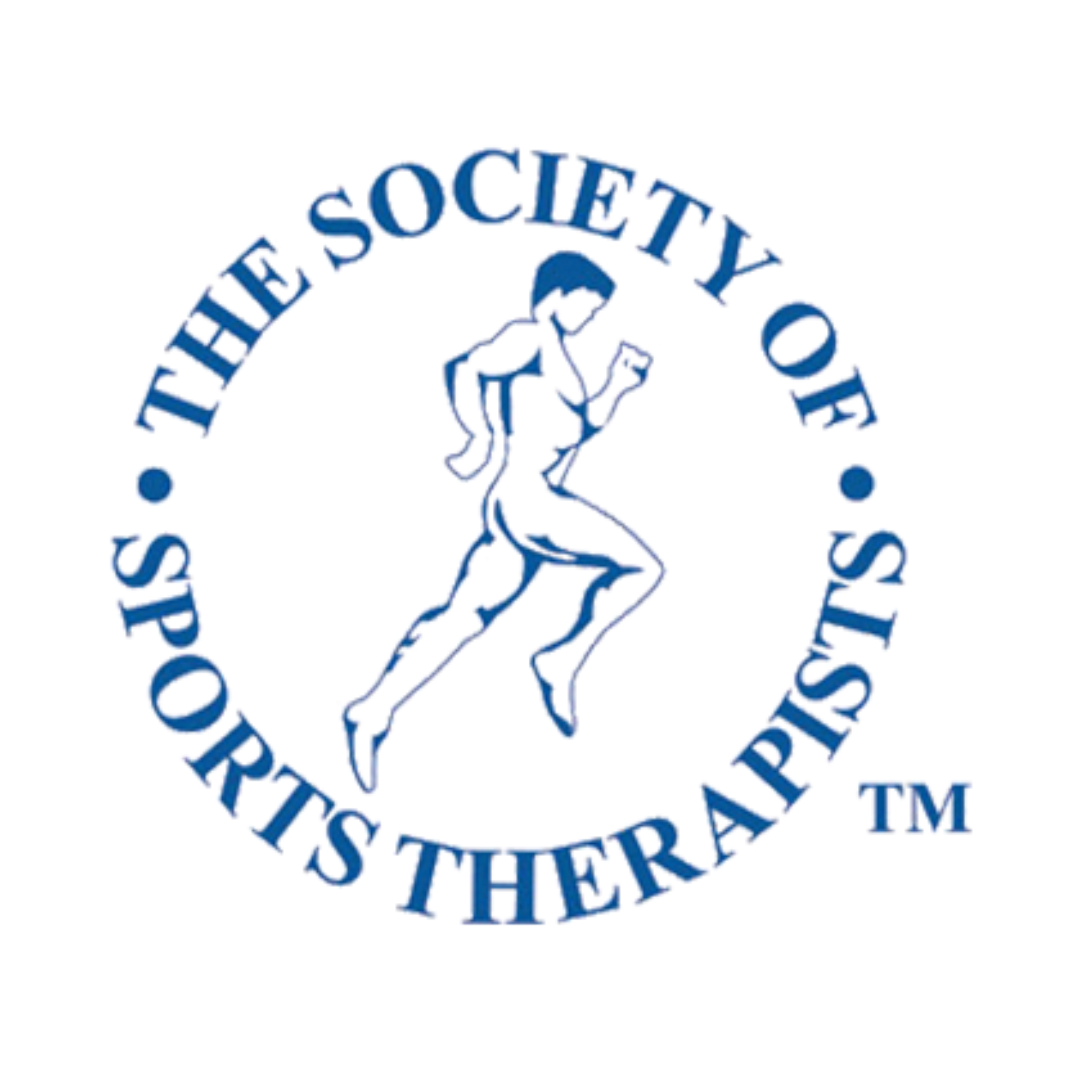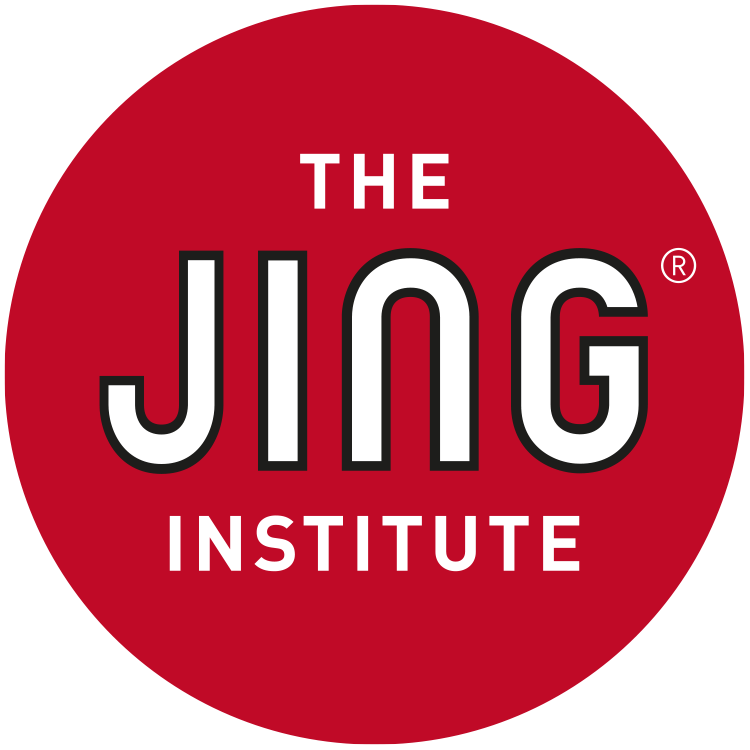Session spotlight: ‘Why posture does matter’ with Ian Reinge
)
This month’s Session Spotlight features a presentation from Ian Reinge, in Theatre B at Therapy Expo 2023.
Ian began his career in 1988 on completion of a three-year Diploma in Physical Education. He then moved into the newly emerging profession of Sports Therapy followed by studying for a degree in Sport and Exercise Science, specialising in the fields of Exercise Physiology and Human Biomechanics. Ian also went on to qualify as a Chartered Physiotherapist.
He is lead educator for Reinge Education which he runs with his wife Gina. They offer CPD courses that blend therapy and training concepts to look at fresh approaches to treating injury and dysfunction. Ian feels that no single profession has all the answers and encouraging cross profession understanding and working often provides the best way forwards for both therapists and clients.
Ian’s session at Therapy Expo 2023 explored how posture affects various aspects of health and performance with the aim of challenging the growing belief that posture is irrelevant, instead looking to provide compelling reasons why it should remain a key focus in both therapeutic and athletic contexts.
The importance of posture
Ian began by addressing the current trend in some circles that dismisses the significance of posture. He argued that this perspective overlooks crucial aspects of how posture influences bodily functions, particularly respiration, balance, and mobility. He stressed that while opinions may vary, posture indeed plays a vital role in overall health, particularly when viewed from the angles of respiration, stability, and movement efficiency.
Respiratory implications of poor posture
One of the critical points Ian discussed was how poor posture, particularly the forward head and shoulder posture commonly seen today, negatively impacts respiration. He explained that muscles such as the pectoralis minor and scalenes, when shortened due to poor posture, limit the ability to fully expand the lungs. This restriction not only hampers efficient breathing but also increases the risk of respiratory infections and related health issues, such as the buildup of lactic acid and reduced oxygen intake, especially in athletes.
Posture and lumbar spine stability
Ian also explored the connection between posture and lumbar spine stability. He highlighted how proper diaphragmatic breathing is essential for maintaining spinal stability. The diaphragm’s role in drawing down and exerting force on the spine is crucial for stabilising the lumbar region. When this function is impaired, it can exacerbate back pain and complicate recovery from injuries. Ian emphasised that teaching clients to breathe correctly can be a simple yet effective method to alleviate back issues.
Impact on athletic performance
For athletes, Ian noted that suboptimal posture could significantly detract from performance. He pointed out that many athletes, despite their high level of physical fitness, suffer from poor posture due to their daily routines and activities outside of sports, such as extensive use of technology. This poor posture limits their respiratory efficiency, leading to decreased oxygen intake and increased lactic acid buildup, which in turn affects their endurance and performance. Ian suggested that correcting posture can lead to better energy utilisation and improved overall performance.
The cycle of declining mobility and increased falls
Ian introduced the concept of a vicious cycle where poor posture leads to reduced mobility, which in turn lowers cardiovascular fitness and strength, ultimately increasing the risk of trips and falls. He illustrated this with examples from both the general population and specific cases like older adults and individuals with conditions such as multiple sclerosis. Ian stressed the importance of addressing these issues early to prevent the progression to severe mobility problems and the associated risks of falls.
Ian’s session underscored the critical role of posture in health, mobility, and athletic performance. He dismantled the myth that posture is inconsequential by demonstrating its profound impact on respiratory function, spinal stability, and physical performance. Ian concluded by encouraging practitioners to incorporate posture correction into their treatment and training regimens, highlighting its potential to prevent long-term health issues and enhance the quality of life for both athletes and non-athletes alike.
If you would like to purchase access to all the 2023 session recordings for just £20+VAT, please contact our delegate manager at: k.wright@closerstillmedia.com
CHECK OUT THE SESSION HERE:


.png)
.png)

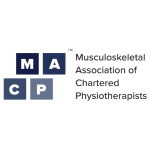



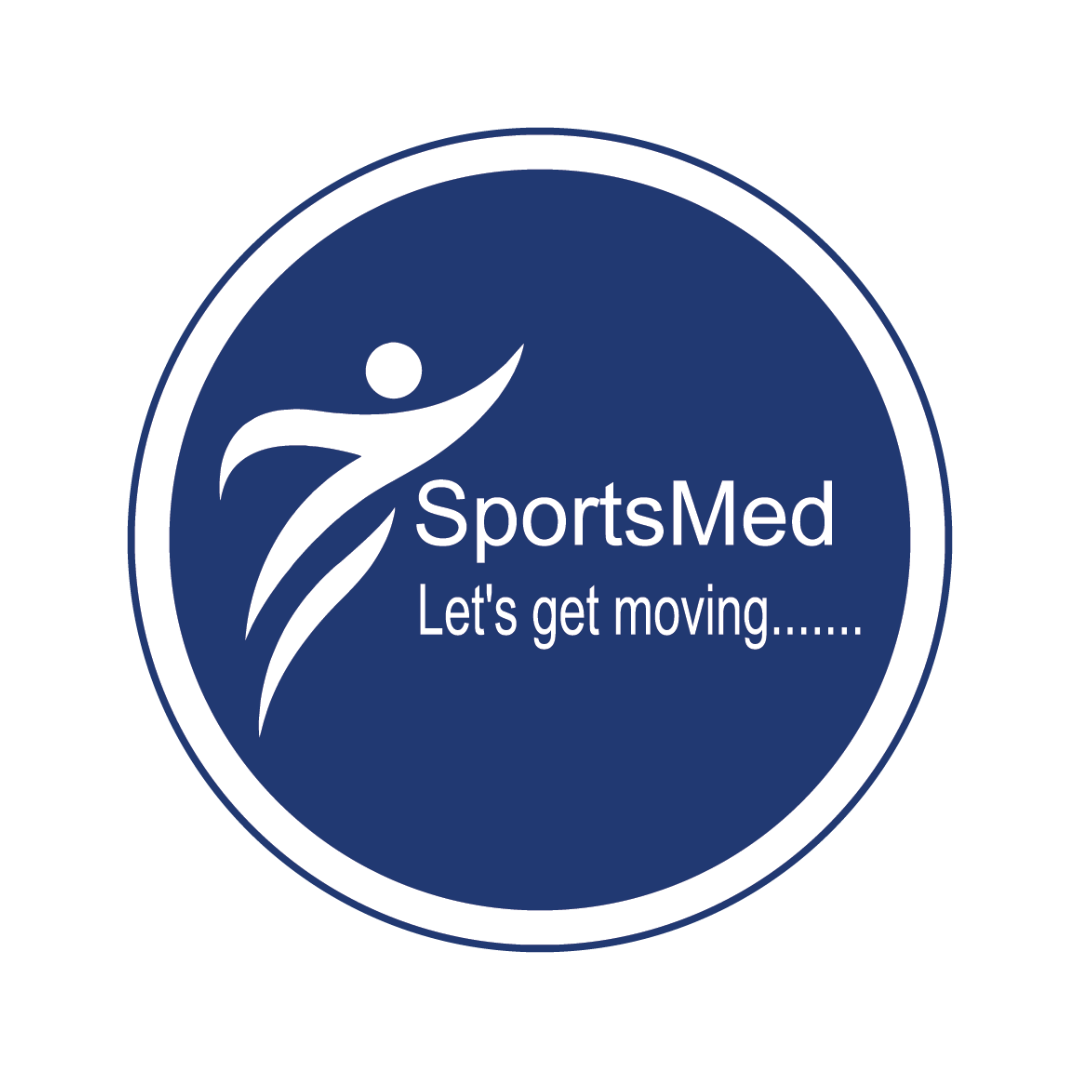


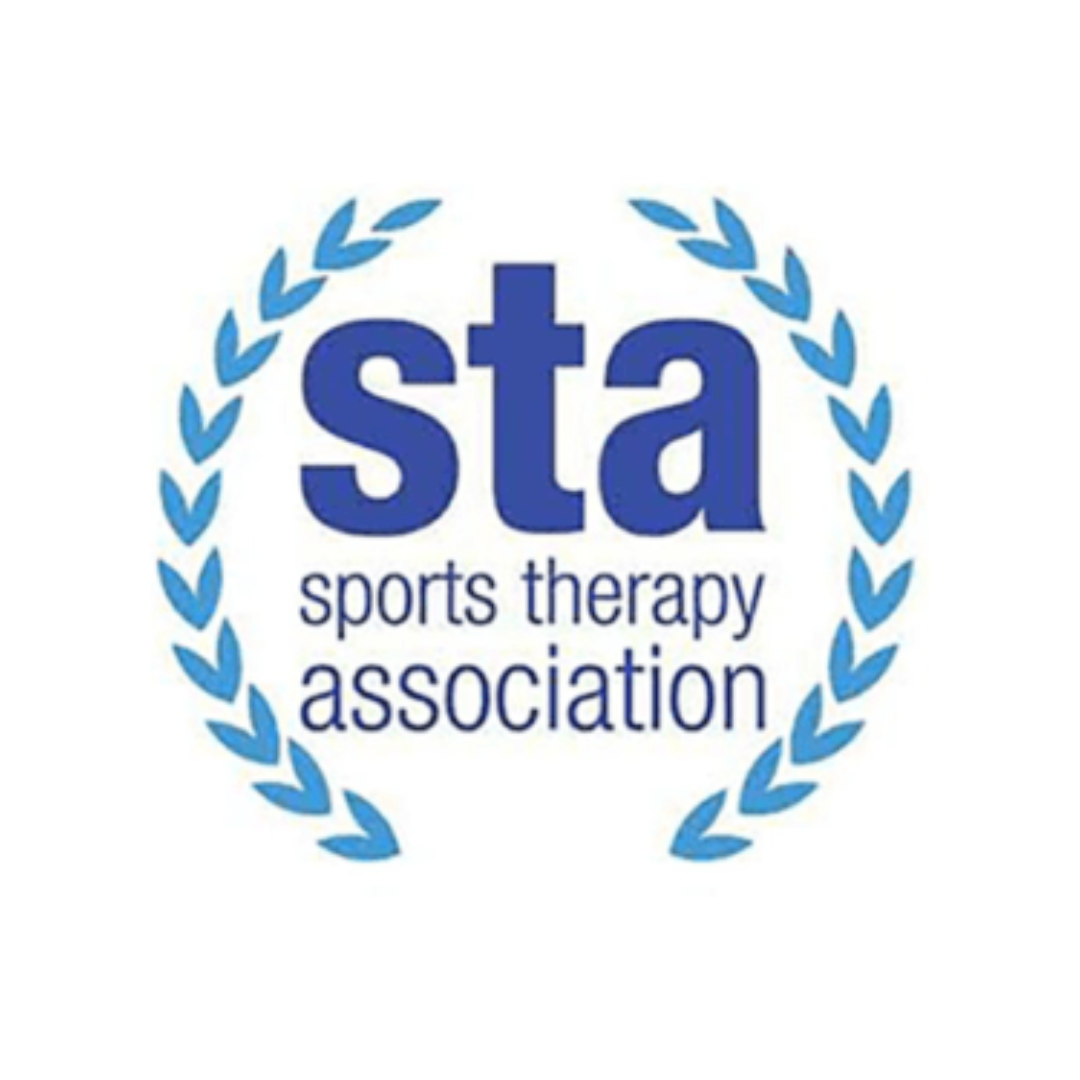


.png)
